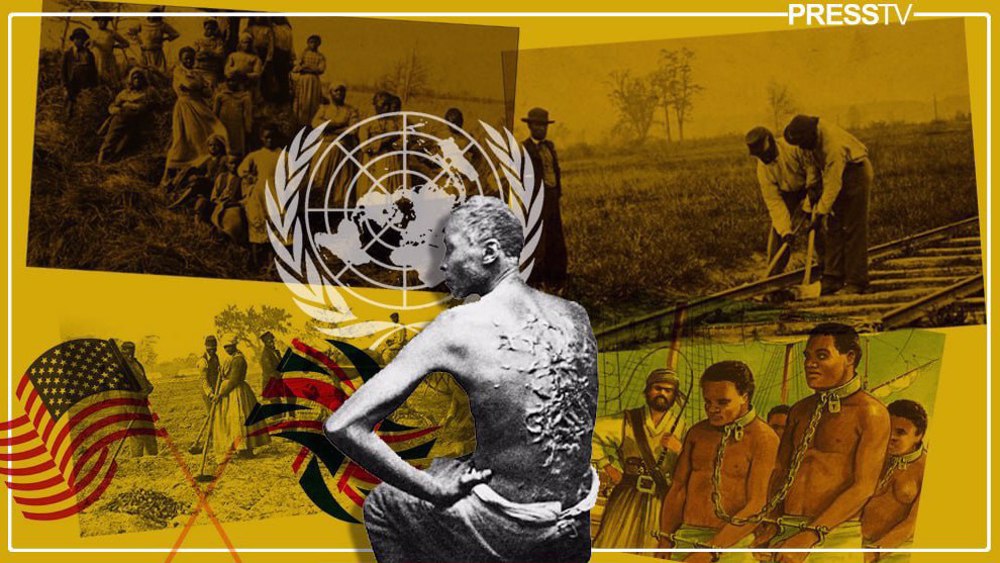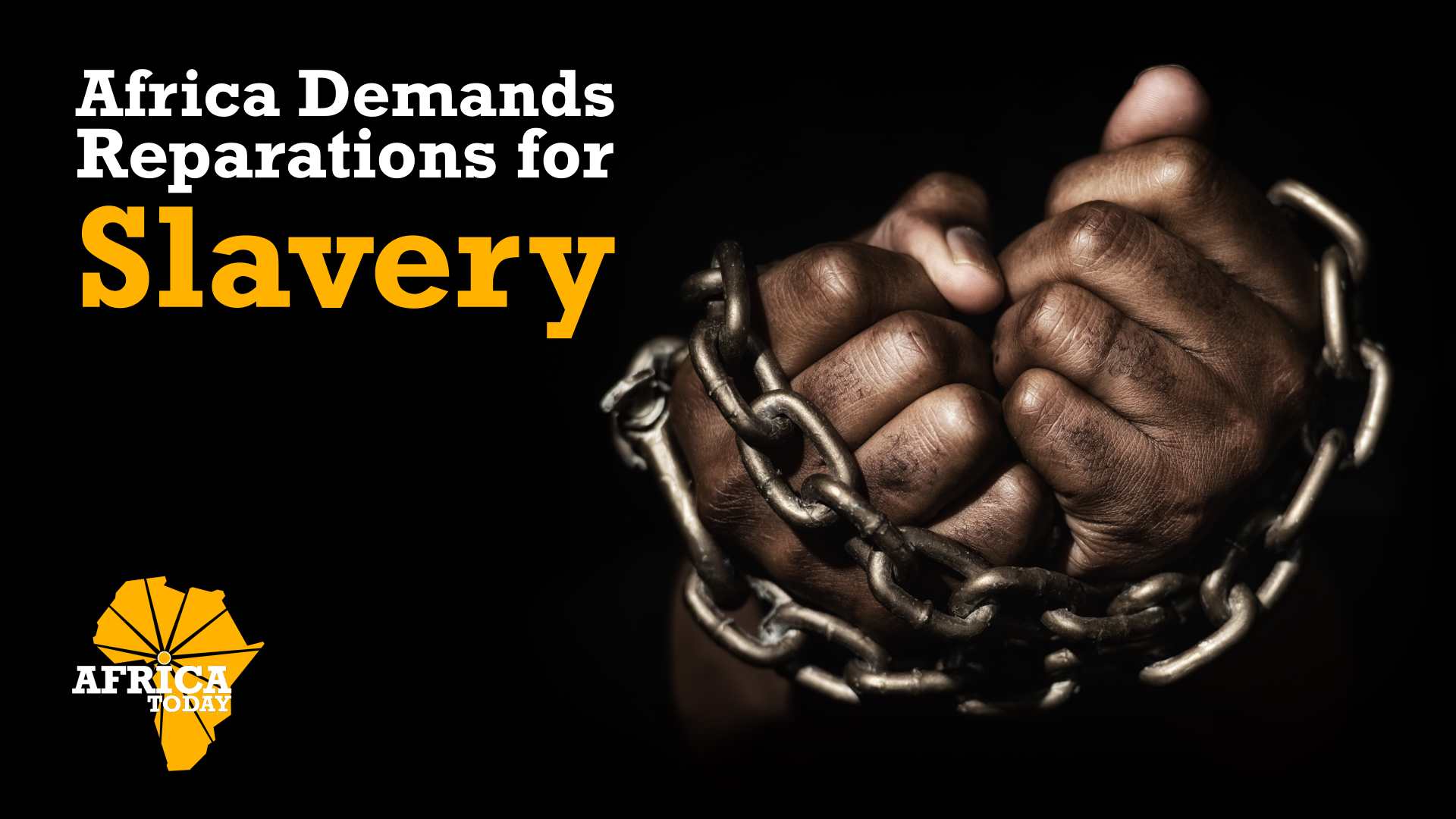
“The Committee is concerned that the lingering legacies of colonialism and slavery continue to fuel racism and racial discrimination in the [US] undermining the full enjoyment of all human rights and fundamental freedoms by all individuals and communities,” the UN’s Committee on the Elimination of Racial Discrimination wrote in a report, released on Tuesday. The committee is part of the UN’s human rights office.
The UN body monitors the progress made by member states in enforcing the UN’s Convention on the Elimination of All Forms of Racial Discrimination (CERD), which the US joined in 1994 with various reservations and caveats, The Independent reported.
The US continues to perpetuate racial inequality through police violence, gun violence, and environmental racism, according to the report. It recommended a reparations commission as a key strategy to begin the justice process.
The UN body praised Maryland’s Lynching Truth and Reconciliation Commission, the first such body of its kind in the US, as well as California’s ongoing study of reparations for descendants of enslaved people.
The report urged Congress to adopt HR 40, a bill from US representative Sheila Jackson Lee, a Democrat from Texas, which would establish a commission to study and develop reparations proposals.
Human rights activists hailed the UN for calling for US reparations.
“The unprecedented attention given by the UN to the lingering legacies of colonialism and slavery and the CERD committee’s call for reparations marks a turning point in the U.S. human rights movement,” Nadia Ben-Youssef, advocacy director of the Center for Constitutional Rights, said in a statement.
“The lived experiences of our partners clearly traced the afterlife of slavery, and the committee’s expressed concerns about environmental racism in Cancer Alley is a testament to the powerful advocacy of our partners – their testimonies and analysis offered the international community an irresistible vision of a radically different future.”
As the committee noted that the shooting violence “disproportionally affects racial and ethnic minorities, particularly people of African descent, Indigenous Peoples and persons of Hispanic/Latino origin and Asian descent.”
The UN body censured the Biden administration for failing to pass police reform legislation after the brutal murder of African-American George Floyd in Minneapolis. Floyd was killed by US police in May 2020.
Floyd’s final moments, which were filmed by a bystander, led to large-scale protests in the US against police brutality and institutionalized racism against African-Americans and Asian-Americans.
The teenager whose 2020 video recording of Chauvin kneeling on Floyd's neck before he died in police custody was awarded a 2021 Pulitzer Prize Special Citation earlier this month.
Eighteen-year-old Darnella Frazier’s video was an important piece of evidence used in the trial of Chauvin.
Frazier, then 17-year-old, was visiting the store that Memorial Day with her younger cousin when she saw police officers restraining Floyd on the ground. She recorded the incident on her cell phone as she pleaded with them to get off Floyd, who repeatedly said he couldn't breathe.



No comments:
Post a Comment